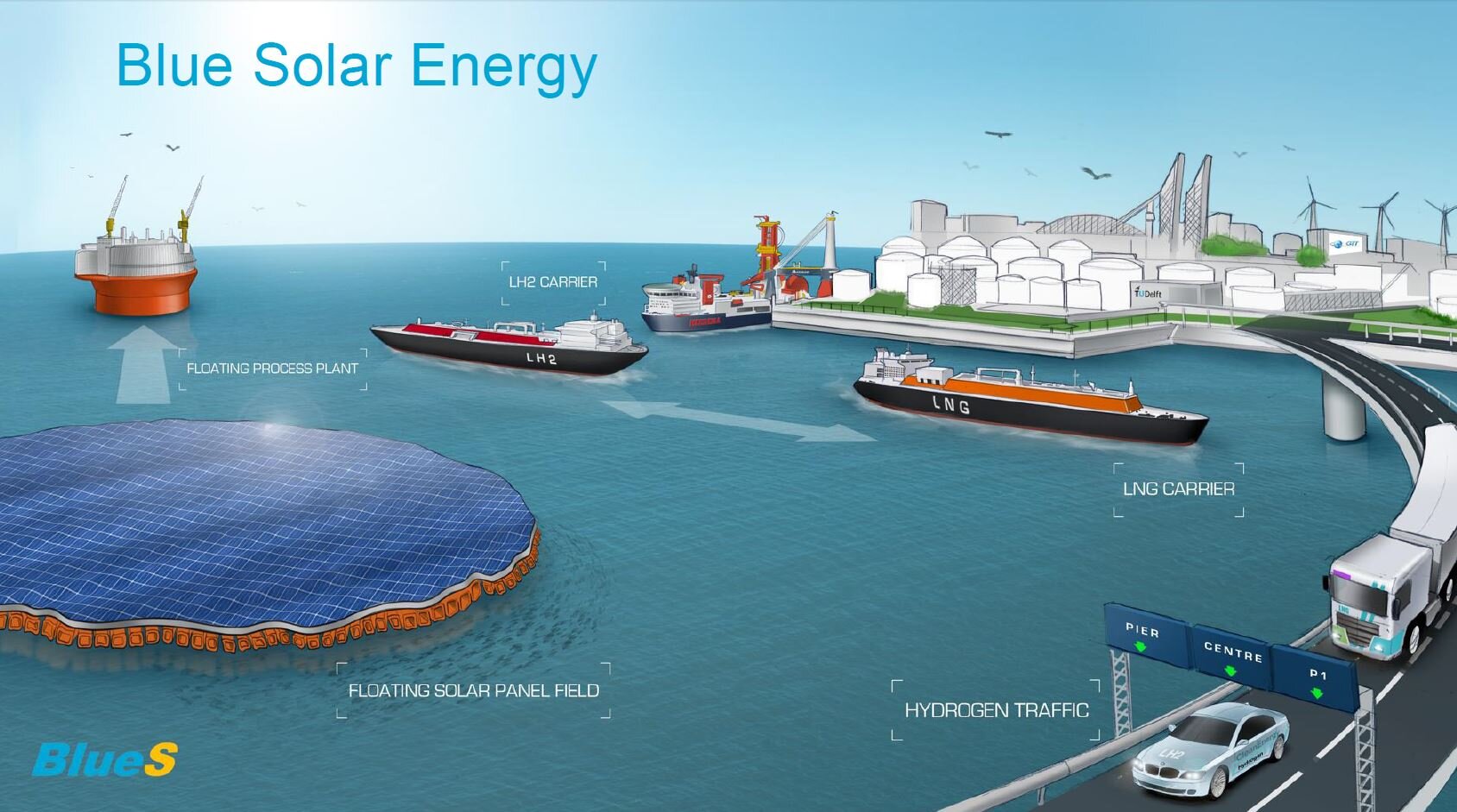Case studies | Find examples on decarbonization measures, costs and regulations to benchmark your business case
How to build a green hydrogen refinery for the maritime industry in Rotterdam
Over 20% of all Dutch emissions are coming from the Port of Rotterdam, of which the production of grey hydrogen from fossil feedstock is one of the main culprits. This article explores what is needed to build a green hydrogen refinery. It provides an overview of the existing fossil infrastructure and fuel consumption, which technologies are required to transform, how much it would cost and who are actually working on it.
BP and Ørsted launch green hydrogen project at German oil refinery
BP and Ørsted have partnered to develop a zero-carbon hydrogen at BP’s Lingen Refinery in north-west Germany, BP's first full-scale project in a sector that is expected to grow rapidly. The 50 MW electrolyser project is expected to produce 1 ton of hydrogen per hour - almost 9,000 tonnes a year - starting in 2024. The project could be expanded to up to 500 MW at a later stage to replace all of Lingen’s fossil fuel-based hydrogen.
Tesla’s Battery Day from a Maritime Perspective
Using Tesla’s announcements of Battery Day, DNV expects the cost of batteries to be reduced by 56% (measured in $/kWh) by 2025. Worldwide, DNV predicts that passenger electric vehicles are likely to start outselling their internal combustion engine counterparts from 2032 onwards. In North America, Europe and China this will take place well before 2030. Tesla’s success could spill over from land-based vehicles into adjacent transport sectors. On the assumption of success on all fronts, Tesla will achieve the critical battery density for short range electric airplanes – namely 400 Wh/kg with high cycle life.
World’s Largest Direct Air Capture Facility to Capture CO2 Under Development
The facility from 1PointFive and Carbon Engineering will capture CO2 directly from the air and store it safely, permanently and securely deep underground in geological formations.
The Case for Floating Solar
People think we need energy. Truth is, we do not. We need heating, lighting and transportation. At the right place, on the right time. Generating energy is not the issue, the trick is how to transform it into useful energy and store it. So how can we combine the cheapest form of energy generation with energy storage? What is the best place to generate gigantic, ridiculous amounts of energy? As in tenths of gigawatts, the size of small countries? In the desert with solar energy? Think again.
How to make chemicals and fuel from plants
Easier than you might think. Seaport Groningen wants to create ‘Chemport Europe’, providing chemicals and fuels to the entire industry in the North of the Netherlands based on agricultural waste.






